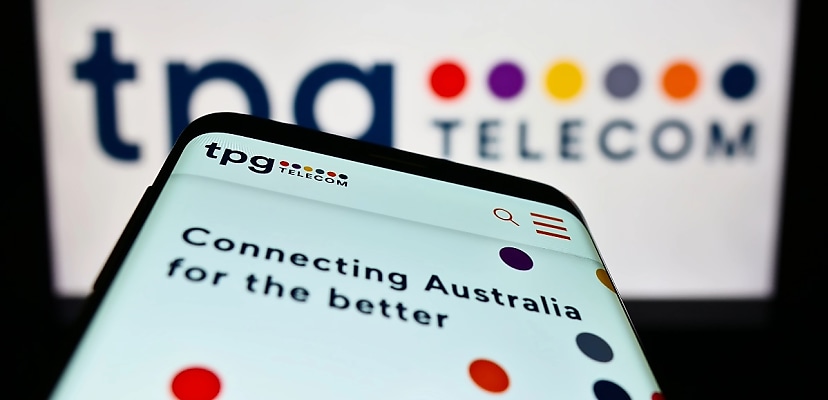Share this article on:
Powered by MOMENTUMMEDIA
Breaking news and updates daily.
Telecommunications giant and Vodafone parent company TPG has issued a warning saying that the implications of telcos being classed as critical infrastructure under the Security of Critical Infrastructure Act (SOCI) could add unnecessary regulatory strain rather than promote accountability.

Home Affairs and Cyber Security Minister Clare O’Neil announced the potential change in legislation yesterday (14 November), which, if passed, would require telcos to meet certain obligations such as having risk management plans, registering critical infrastructure assets and reporting cyber incidents.
The news came following an almost full-day outage from Optus, just over a year after it suffered one of the largest cyber attacks ever seen by the nation.
“There’s no question in my mind that when we came to government, telcos weren’t being properly regulated,” said Minister O’Neil in an interview with ABC’s AM current affairs.
“They should always have been subject to strict cyber requirements.
“We are setting tough new laws for our telecommunications companies to make sure that these companies are properly protecting the cyber security of Australian citizens and their data.”
Following the news, TPG has warned that the changes may miss the mark on keeping organisations accountable and instead prove to be a superfluous bureaucratic hurdle.
“TPG Telecom … has been working with the government on streamlining the various legislative tools overseeing the nation’s critical communications infrastructure,” said a TPG spokesperson via The Australian.
“While it is always important to collaborate on matters of national security, we need to ensure any changes promote accountability without adding unnecessary regulatory burdens.”
On the other hand, other telcos have supported the decision, including Optus, whose recent incidents spurred the push for legislative change.
“Optus supports the announcement from government and appreciates the ongoing consultation with industry about the security of critical infrastructure,” it said.
Telstra, the country’s largest telco, with almost two-thirds (60 per cent) of the nation’s business and government broadband market share, has also expressed its support for the SOCI inclusion.
“Securing our nation requires all of us to do our part – government, business and individuals – and it is a key part of Telstra’s strategy,” the company said.
“Telstra has worked closely with the government as it develops its Cyber Security Strategy and associated reforms to critical infrastructure legislation.
“Strengthening of critical infrastructure security helps to safeguard Australians from cyber incidents, and we welcome the government’s proposal to streamline obligations and remove duplication between the TSSR (Telecommunications Sector Security Reforms) and SOCI (Security of Critical Infrastructure Act) Telecommunications Risk Management Program.”

Be the first to hear the latest developments in the cyber industry.